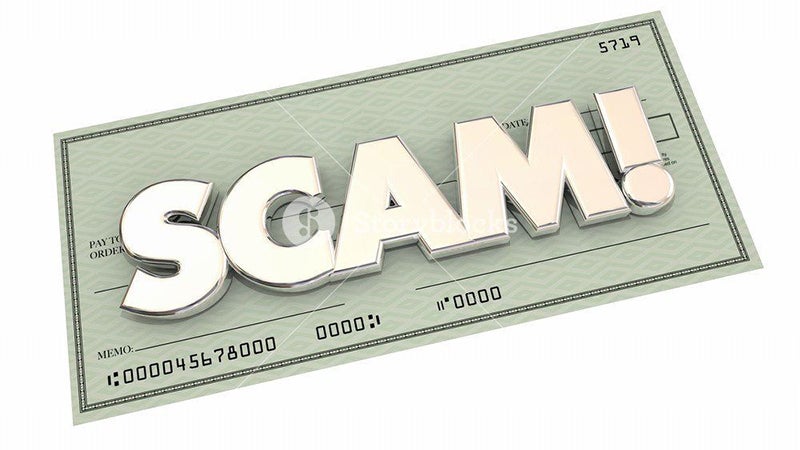MARY MEAUX — Stimulus scams to know includes fake checks, false contacts
Published 12:12 am Thursday, April 9, 2020
|
Getting your Trinity Audio player ready...
|
People are understandably excited over the government’s to-be-released stimulus checks, but now’s not the time to get swept up in the excitement and lose common sense.
Scammers are everywhere and ready to prey on innocent victims. Even now, the Federal Trade Commission has already received complaints on the check scams.
Things you need to know:
- Individuals with adjusted gross incomes of less than $75,000 should expect to receive $1,200 with couples receiving $2,400, and $500 per child, according to information from the Texas Senior Education Patrol and the Better Business Bureau Education Foundation.
- The rate is adjusted if the gross income is more than $75,000. This will be based on your 2019 tax return, or 2018 if you haven’t filed yet for 2019. Please keep in mind that it is estimated to take weeks for these checks to be distributed.
- Your stimulus check will be directly deposited into your bank account if funds you received from your 2018 tax return were directly deposited. Otherwise, your paper check will arrive by mail. Social security beneficiaries will automatically receive a stimulus check via direct deposit. There is no need to complete any tax information. The IRS will automatically use what the Social Security Administration has on file.
There are things to be on the lookout so as not to become a victim.
- Fake stimulus checks: There are fake checks circulating right now. It will take at least three weeks for direct deposits to land and up to 10 weeks for paper checks to arrive by mail. If you receive any checks now, it is a fraud. Telltale signs are checks written in odd amounts or include cents, or a check that requires you to verify receipt online or by calling a number.
- Social media, phone calls, or text messages claiming to get in touch with you: Scammers are reaching out to people online on social media platforms or by sending text messages with claims they are from the IRS or other government agency and are trying to get in touch with you regarding your stimulus check. Ignore and delete these messages. The U.S. government will never reach out to you via any social media platform or by text.
- Scammers pose as a government agency and will send a link to a website or something similar for you to verify personal information. The government does not do this. The government already has the information it needs and will not reach out to you for verification of your social security number or other personal identification.
- Processing fee: Scammers pose as the IRS or other government agency claiming you can receive your stimulus check faster if you pay a processing fee. There is no such thing, and there is no way to speed up the IRS payment process.
- The IRS will never call or email you to verify any personal information. This includes your social security number, bank account number, or anything that allows access to your identity.
- As soon as you receive a call or email saying they are from the IRS or U.S. Treasury, hang up or delete it. These scammers are professional criminals and will use a variety of methods to steal your personal identification and your money.
Mary Meaux is a news reporter at The Port Arthur News. She can be reached at mary.meaux@panews.com.






